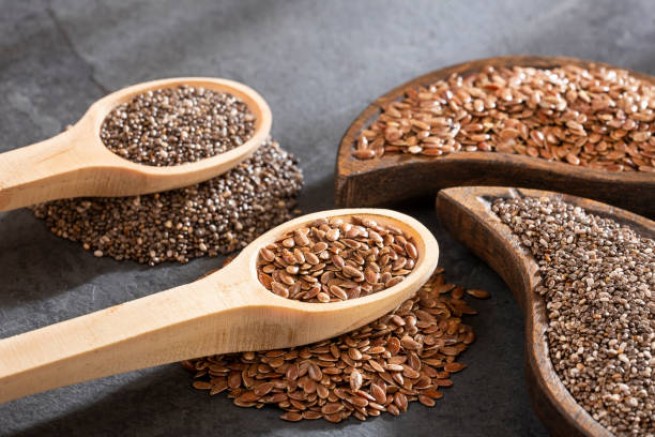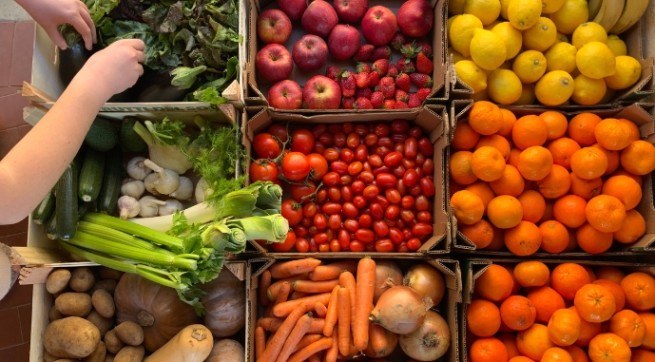The packages are carefully designed using aggressive tactics to extort money from the buyer. Advertising often tests the boundaries of what is permitted. Even the last pack of chewing gum ended up on the store shelf for a reason.
When we put a big bag of chips in a shopping cart, we think that this step is the result of freedom of choice. However, as El Pais writes, what we don’t know is that the food industry’s strategy to influence our diet goes much deeper.
The great victory of the industry is that it has been able to convey to the general public erroneous ideas that are now rooted so effectively that no one questions them.
“There are no good and bad products.” “You must eat everything in moderation.” “Your diet should be varied and balanced.” “The problem is not what we eat, but that we don’t move much.”
According to an analysis by a Spanish newspaper, these are some of the dietary clichés that have managed to establish themselves around the world, transcending borders and social divisions.
“It is in the interests of food companies to make people believe that there is no “good” food (unless it is their products), that there is no “bad” food (especially not theirs), that all foods (especially theirs) can be included in a healthy diet and that balance, variety and moderation are the key to a healthy diet – which means that advice to limit this or that food is not needed,” nutrition researcher Marion Nestle explained in her book “Food Policy”, published in 2002.
So while phrases like “less is more” or “avoid” and “restrict” are understandable and leave no room for misinterpretation, they are nonetheless not particularly used in matters of nutrition. If the experts said “try not to eat (something)”, everyone would understand exactly what they meant.
But today phrases are deliberately used that are difficult to quantify and that leave room for different interpretations. Eat in moderation”, “variety is important, eat a little of everything”.
Such phrases give consumers the illusion that they have the opportunity to make their own choice without any instructions.
But when the instruction “eat in moderation” sounds, each person decides for himself what this moderation is. But in practice, everyone believes that his own consumption is below acceptable.
Of course, it doesn’t help that, if you look around, everyone eats badly. “Bad nutrition has become so normalized that proper nutrition is called a diet,” notes El Pais.
As for the idea of dietary diversity, it may have made sense a few decades ago, when supermarkets didn’t exist and people only ate what they could find in the grocery store or in their backyard. But today stores offer tens of thousands of options.
And while diversity has increased in fresh foods, super-processed foods have really expanded the choice, and this is where companies can innovate.
According to researcher Dariusz Mozaffarian, who published the study Everything in Moderation – Dietary Diversity and Quality, Central Obesity and Diabetes Risk, “Eating everything in moderation in the modern diet is actually worse than eating a small amount of healthy foods.”
As for the idea that you can eat anything you want as long as you make up for it with exercise, Marion Nestle, in her book The Ugly Truth, wrote that this is the result of The Coca Cola Company’s attempt to blame the increase in obesity on lack of exercise rather than the role foods high in sugar, such as soft drinks.







More Stories
Fruits and vegetables: imports up 50.2% in April
Greek products on their way to France
Reduced fees for POS transactions, limited bank fees